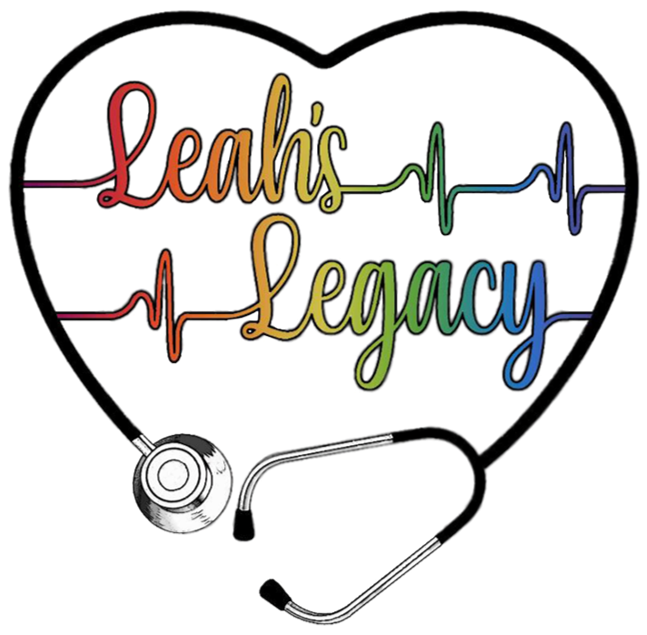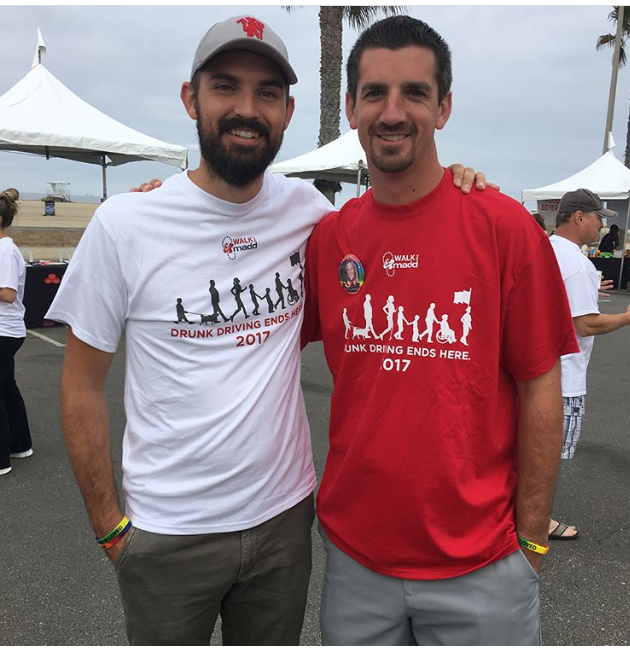When tomorrow becomes today
By Deborah DiMiceli in partnership with Kevin Reay
Victim impact statements change lives
Advocacy usually isn’t easy. And it’s often more of a calling than a decision. Speaking up and out takes courage; for some, it’s an act of heroism. If you’ve been personally traumatized by something or someone, and you feel strongly enough about your experience to speak up to save others from it, you’re a hero in our book.
There’s no badge or patch to earn for being an advocate. You wear the scars of your experience on your sleeve and relive it every time you tell it. So why then, do so many share their statements and stories? As Kevin Reay, victim impact speaker shares, “My motivation is to bring awareness and try to put a face and real-life to the decisions people make hastily.”
The why behind our passion lies in keeping the legacy of our loved ones alive by sharing our experiences in the hopes of preventing one more permanent, life-changing, lapse in judgment. Victim impact statements (VIS) make an impact. According to the National Institute of Corrections, participants in the Listen and Learn program have a recidivism rate (re-offense and re-commitment) of 35% compared to 67% for non-participants.
Kevin knows first-hand how far and deep the impact of one life-changing, poor decision can travel. In 2017, his and many lives changed forever in a single split second. Leah, his high school sweetheart, and wife of five and a half years was tragically killed by a drunk and drugged driver. Tomorrow can become today in an instant. When struck by tragedy, suddenly there are no more tomorrows that will look anything like we imagined. Time stands still and races past in the same instant.
On that ill-fated day, Kevin became part of the club that no one wanted to join. It took time, encouragement, and a compulsion to become the voice of reason and reality for those around him to start speaking out. People aren’t always open to such candid conversations; once you hear the story directly from an individual living in the aftermath, it becomes real with depth, a name, and even a face.
Many of us don’t realize how much impact we have on others. Do we smile and hold the door open for someone, or do we let it fall behind us? Do we stand against injustice or turn a blind eye? Do we let someone get behind the wheel when they are impaired or irrational, or do we insist on helping them get home and back to their vehicle the next day?
Everyone is responsible for our collective decisions. Standing up to those who may not be receptive to your input is a big deal. And it can come with a hefty price. You may be the only voice of reason in the crowd or at that moment. Your actions may save lives. Speaking up against a bad decision is equal to saving the lives and livelihoods of many.
Imagine if Kevin were you. And one day, everything you knew, hoped, and planned is shattered. If you were in the room with the bad decision-maker in his story, would you speak up for Leah? Will you speak up now? Big change isn’t made by one person; it takes a village and a persistent nudge to keep doing one more good thing by being brave enough to step in.


